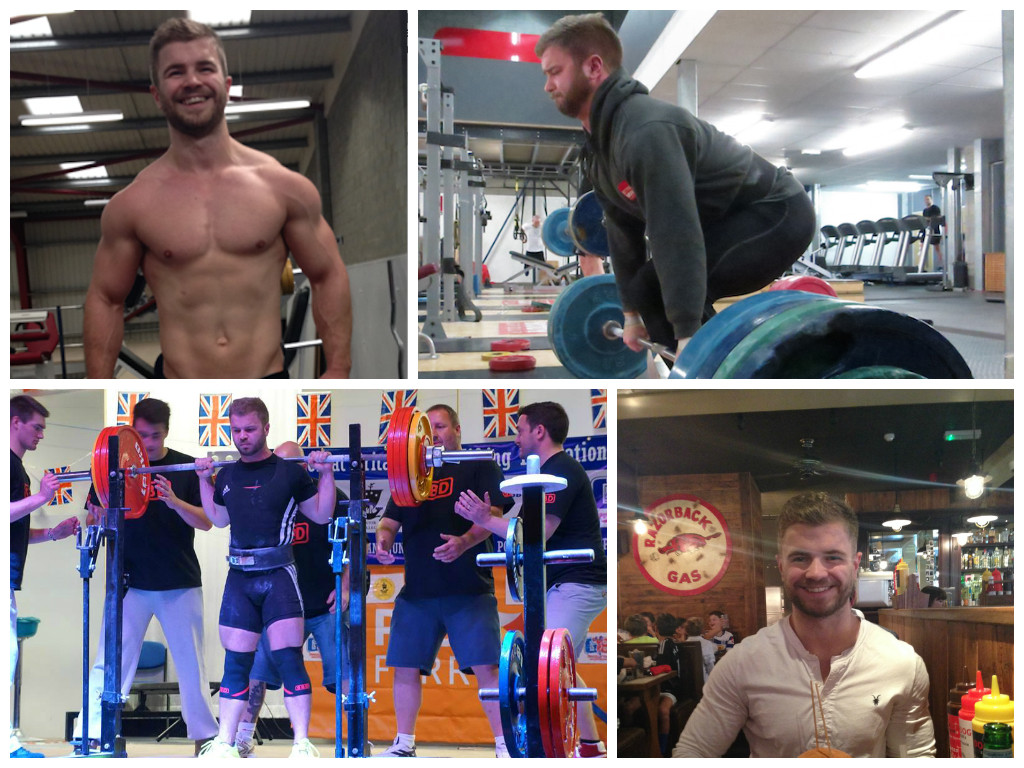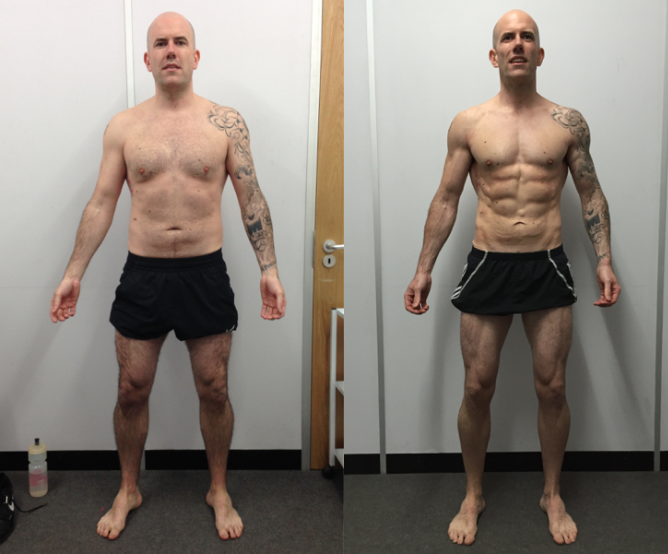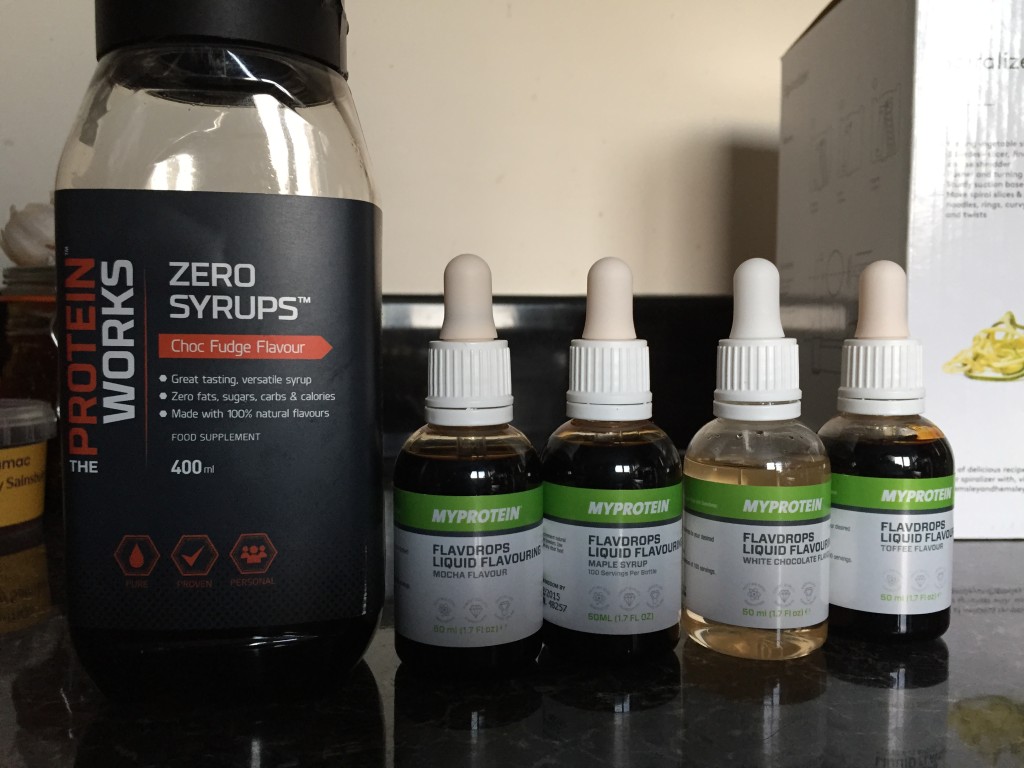I Could Save You Over £1200 a Year
What I’m about to say could save you a TON of money.
I had a consult with a new client and as we were going through things, the topic of discussion moved on to supplements.
He explained how he took a pre workout supplement, a post workout recovery blend, some individual nutrients, whey from grass fed cows… by this point I’d had enough and I couldn’t help but ask:
“How much does all this cost you?!”
“Between £100 and £120 a month” he said, slightly ashamedly.
And he’s not alone. I bet a ton of you reading this spend far too much money than is necessary on supplements!
Because of his “investment” I let him down gently, but for you, as a faithful reader of this blog I’m going to give you a straight up truth hit instead…
Most supplements are complete and utter shite, have outrageous claims behind them that are based on little-no evidence and are a complete con relying on unethical marketing practices to make serious money, and in turn, a mug out of you.
As with anything, there are exceptions. However, the above is true 99% of the time.
The remaining 1% consists of a few supplements that actually work, and have strong scientific evidence to back this up.
What are these 1% of supplements?
Enter the JB Supplement Dream Team.
1) Creatine Monohydrate
Along with caffeine, it’s one if the most researched supplements out there with strong evidence for improving performance in terms of power output, reducing fatigue and increasing lean mass. There’s even some evidence to suggest it can reduce symptoms of depression, reduce pain from headaches and enhance recovery from other minor brain injuries.
Collectively, these improvements may help you go harder for longer in training which will hopefully translate to improvements to your physique and performance.
How to take
5g day, any time you’ll remember it! I keep mine by my coffee machine so I have a visual reminder first thing in the AM to take it. I take mine as a powder and just scoop it straight into my mouth and swallow with water, but I understand if you think I’m a bit odd… in which case you can take it as a capsule or mixed with water.
Where to buy
From The Protein Works
NOTE: creatine is NOT a steroid nor will it impact you hormonally in any way to have steroid like side effects. This makes it safe for both men and women to use.
Those with stomach issues might be best served taking creatine with meals to reduce the likelihood of getting stomach upset (cramps, diarrhoea etc).
Anyone with kidney issues should also chat to their doctor before taking creatine.
2) Caffeine
Caffeine is the most widely used “drug” in the world. It of course delays fatigue, making it useful not only for staying awake during meetings, but also as a potent performance enhancer.
A 200mg – 500mg dose of caffeine has been reported to:
- Increase power output
- Burn a modest number of calories due to increase in metabolic rate
- Increase time to exhaustion and reduce fatigue associated with exercise.
As long as it is used in a sensible dose, it is also very safe for most people to take.
How to take
200-500mg 1 hour pre exercise. Start on the low end and gradually work your way up in terms of dosage depending on how you react. More caffeine does not equal better, instead you’ll end up a jumpy, jittery mess rather than a strong, fit powerhouse.
Where to buy
You can get your fix via coffee or energy drinks, although the caffeine content does tend to vary wildly from brand to brand. Instead I prefer to take my caffeine pre workout via caffeine tablets, this way I know exactly how much I’m getting. I use this one from The Protein Works.
3) Fish oil
Where to start? Fish oil has a TON of benefits, some of which equate to a pharmaceutical-like effect, so much so that it can even be prescribed to certain individuals. Most people know about the benefits to cardiovascular health, but there are a few lesser known uses for fish oil. There is evidence to suggest that fish oil may:
- Reduce symptoms of depression.
- Reduce muscle soreness and inflammation.
- Reduce cortisol.
- Reduce aggression and anxiety.
If you regularly eat fatty fish (salmon, mackerel, sardines etc.) regularly then you likely don’t need so supplement. However, since the rise in popularity of IIFYM (If It Fits Your Macros) and flexible dieting, a lot of people (myself included) don’t do the above due to their high fat content so it might be wise to supplement.
How to take
If you want to look at specific dosages for different ailments or conditions then check out here: http://examine.com/supplements/Fish%20Oil/#summary but as a blanket recommendation, take 2000mg total of EPA and DHA (you can find the values for each on the back of the supplement container). For example, in the supplement I recommend below you’d need 4 capsules per day (330mg EPA and 220mg DHA in each capsule).
Where to buy
4) Multivitamin
A multivitamin is a great ‘insurance policy’ to make sure that all of your micronutrient bases are covered.
When we diet, we often end up cutting out large parts of certain food groups, or just via cutting calories reduce the variety in our food intake. This can make nutrient deficiencies potentially more likely meaning a multivitamin supplement is a good shout!
How to take
There are quite a few different ones out there so just take according to the instructions on the bottle.
Where to buy
From The Protein Works, although there’s nothing special about it, any will do.
5) Whey/Casein Milk Protein
I hesitated originally about including milk or whey protein into this list as strictly speaking they aren’t supplements, they’re foods!
However as a lot of my clients struggle to hit their protein targets via ‘whole foods’ I thought it would be worth a mention. Whey and casein protein powders are individual protein sources derived from dairy, whilst milk protein powder contains ~20% whey and 80% casein; the ratio of protein found in milk itself. I recommend not bothering with casein and just consider whey or milk protein powders, purely for value and taste.
They’re also essential ingredients in a few of my recipes. Two of my most popular recipes containing whey and/or casein:
MACRO FRIENDLY ICE CREAM
PROTEIN PANCAKES
Whey is very fast digesting by itself, although this changes if mixed with other foods, whereas casein is very slowly digesting meaning it keeps you fuller for longer, definitely a benefit if dieting.
There are a few pros and cons for each so you’ll need to whey (get it?) them up and choose which one suits you best. Or just do what I do and buy both!
Whey
Pros
- Easy to mix
- Often easy to digest, making it great for those with stomach issues.
- Comes in a very large variety of flavours.
- May be beneficial in strengthening the immune system.
- It’s a very cheap way of increasing protein intake.
Cons
- Very quick to digest, so on its own can make for a very hunger-wise unsatisfying ‘meal.’
- Has the potential to make whatever you mix it with quite watery.
Casein/Milk Protein
Pros
- Is very filling as it forms a gel in the gut, slowing down the digestion time.
- Has great culinary uses in desserts; check out my protein ice cream recipe:
Cons
- Doesn’t mix all that well, you might need a blender rather than a shaker cup.
- Casein isn’t as tasty and palatable as whey, although milk protein powder is far better in my opinion than pure casein on the taste front.
- It’s more expensive than whey.
How to take
You can have as much as you need to increase your protein intake.
Where to buy
NOTE. I take all of these supplements myself, as do the vast majority of my clients so they come with a highly validated stamp of approval. The links in there “Where to buy” sections are affiliate links, meaning if you choose to buy the products through the links I take a small cut from the sale. Be assured however that there’s nothing magical about the specific brand, it just happens to be the one I’ve had the best experience with.
ABOUT JB
 James Blanchard (JB) is a personal trainer and nutrition coach, working with clients both online and on an in person basis from the Better Body Group in Sevenoaks, UK.
James Blanchard (JB) is a personal trainer and nutrition coach, working with clients both online and on an in person basis from the Better Body Group in Sevenoaks, UK.
He specialises in getting hard working, busy people lean, strong and confident whilst still enabling them to be social and enjoying life’s pleasures. Ya know, like beer, pizza and stuff.
Taking a scientific and evidence based approach, he designs his clients’ training and nutrition programs in the most effective, time efficient and easy to stick to way possible.
He has a weird obsession with picking heavy stuff up and putting it down again. He channels this through competing in powerlifting, where he currently holding a regional record in the squat. He’s also tried his hand at various other sports, including rugby, bobskeleton and athletics.
To get your hands on some of JB’s best work for free, you can join over a 1000 others and get hisGet Shredded Toolkit, containing everything you need to get lean: his “5 Rules to Get Shredded” eBook, a whole body training program, a completely personalised diet and comprehensive how-to guide by clicking here.





